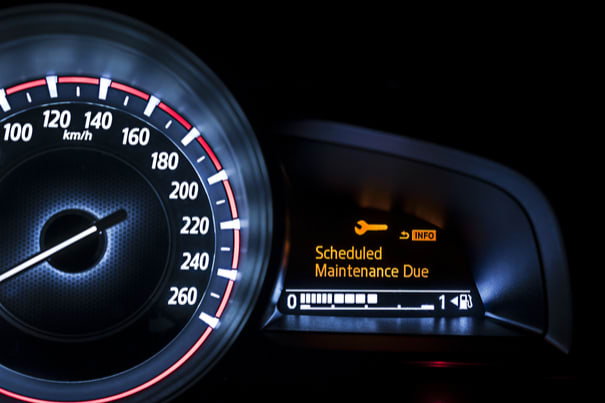Use this Checklist to Make Your Vehicle Last Longer

If you love your car and want to keep driving it for as long as possible, there are several steps you can take to keep it running well. Use this checklist throughout the year to make sure you stay on track with the care your vehicle needs.
1. Never ignore the regular maintenance.
It might feel like a hassle to take your vehicle in for its routine oil change, but those seemingly mundane checkups really help prevent long-term damage. Stay regular with your inspections, oil changes and tire pressure check-ins to dramatically extend your vehicle’s lifespan.
2. Do some maintenance yourself.
You don’t have to be a professional mechanic to stay involved in the overall care of your vehicle. There are small things you can do to keep it running well. Like checking the tire pressure. You can buy an inexpensive tire gauge and check the air pressure once a month. If they’re looking low, fill up on air at a local gas station. You can also learn how to check the fluid levels in your car to see when it’s time for a refill. Keep an eye on your wiper fluid, power steering fluid and antifreeze. You don’t need to know how to change it (bonus points if you look into doing it yourself!) but it’s helpful to know if you’re running low so you can bring it to someone who can give it a refill.
3. Pay attention.
Since you’re closer to your vehicle than anyone else is, keep an eye or ear out for anything unusual or out of the ordinary. If you hear a weird noise or feel an odd vibration, take it in for an exam. Don’t let a problem go untreated or reach the point of no return.
4. Fill it up.
While it is always cheaper to fill up your gas tank with regular-grade unleaded gasoline, treat your car to the occasional tank of premium gasoline for some special treatment. Think of it like switching the type of shampoo you use—in the same way that it’s good for your hair to occasionally experience change, it’s good for your car. Premium-grade gasoline can improve your fuel economy as well as increase the performance of your car.
5. Store it well.
Parking your car in a covered garage can significantly increase its lifespan. Garages protect vehicles from a multitude of potential harm, including everything from golf ball-sized hail to bird droppings and leaves.
6. Reduce the use of your parking brake.
Did you know that excessive use of your vehicle’s emergency parking brake can actually cause premature wear and tear? Especially if you’re planning on storing your car long-term with the parking brake on—the brake pads can start to stick to other parts of the vehicle, causing more problems than solutions.
Sources:
Edgerton, Jerry. (2016, March 8). How to Keep Your Car on the Road for 200,000 Miles.
www.time.com/money/4250094/tips-car-200000-miles-maintenance/
